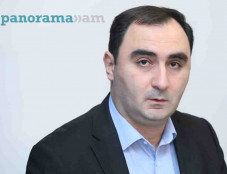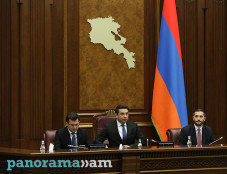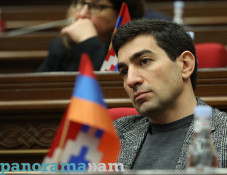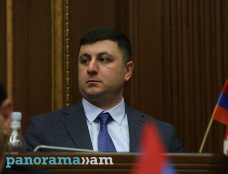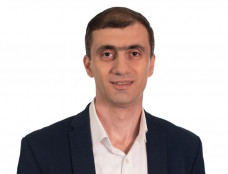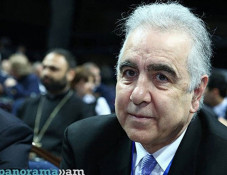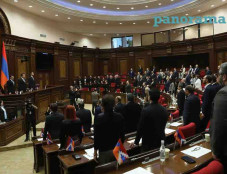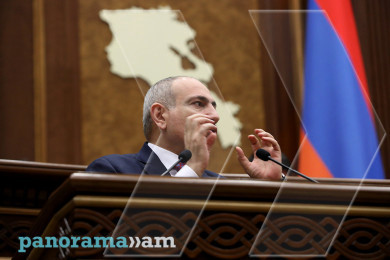
OSCE Office closure in Azerbaijan is response to Western criticism of country's human rights and media freedom record
On the eve of the European Games in Baku – held by the European Olympic Committees – Azerbaijan authorities ordered Organization for Security and Co-operation in Europe (OSCE) office to close down. On Tuesday, 9 June 2015, OSCE representatives in Vienna confirmed the information. The OSCE office is due to be closed by early July. The organization still has not given an official response to the request, Russian Service of Deutsche Welle reports.
According to human rights defenders, there are about 100 political prisoners in Azerbaijan now. Ahead of the Games, Azerbaijan is subjected to vast criticism regarding the crackdowns on dissent and authoritarian ruling. The German Chancellor Angela Merkel and the Minister of the Interior, Thomas de Maizière, have already refused to attend the opening ceremony of the competition, Deutsche Welle reports.
According to the online portal EurActiv, the deadline of the closure of the OSCE office coincides with 4 July, the US Independence Day. The move was interpreted by Western media as a response to criticism of the country's human rights and media freedom record.
EurActiv points that the OSCE mission in Baku, which was opened in 2000, had faced difficult times during the mandate of the previous OSCE ambassador, Koray Targay of Turkey. Reportedly, between July 2012 and July 2013, he made very critical remarks about the government. A high point was reached in the summer of 2013 when OSCE mission members were alleged to have participated in a non-authorized opposition demonstration. However, OSCE mission members can only observe such events. As the scandal unfolded, Azerbaijan authorities said they wanted to close the mission. Ukraine and Turkey intervened, lobbying to keep the mission afloat, but with a new mandate which does not allow it to make political declarations, and transforming the bureau into an “OSCE Project Coordinator” office. The new mandate was adopted in July 2013 and a new ambassador, the Frenchman Alexis Chahtahtinsky arrived in March 2014.
EurActiv writes that according to the OSCE Project Coordinator office website, its priorities are “to assist Azerbaijan with the progressive implementation of its OSCE commitments; combating terrorism, promoting religious tolerance in Azerbaijan, improving co-operation between governmental institutions and civil society organisations in the fields of combating human trafficking and domestic violence, and supporting good governance projects.”
As a result, the OSCE did not renew the ambassador’s contract, which expired on 31 May 2015 and Azerbaijan decided to close the office. “The more the Americans criticise Azerbaijan, the more this country will get closer to Russia. Is this what the Americans want?” an Azerbaijani diplomat said, according to EurActiv.
Earlier, Deputy Head of the Presidential Administration, Novruz Mammadov, had written on his Twitter that he had learnt that the OSCE Azerbaijan Project Coordinator A. Chahtahtinsky’s mandate was suspended because of the photo with Azerbaijani president Ilham Aliyev. Spokesperson for Foreign Ministry of Azerbaijan, Hikmet Hajiyev, added that France did not support the extension of the mandate of OSCE Azerbaijan project coordinator Alexis Chahtahtinsky who appears to be a citizen of that country.
Newsfeed
Videos





